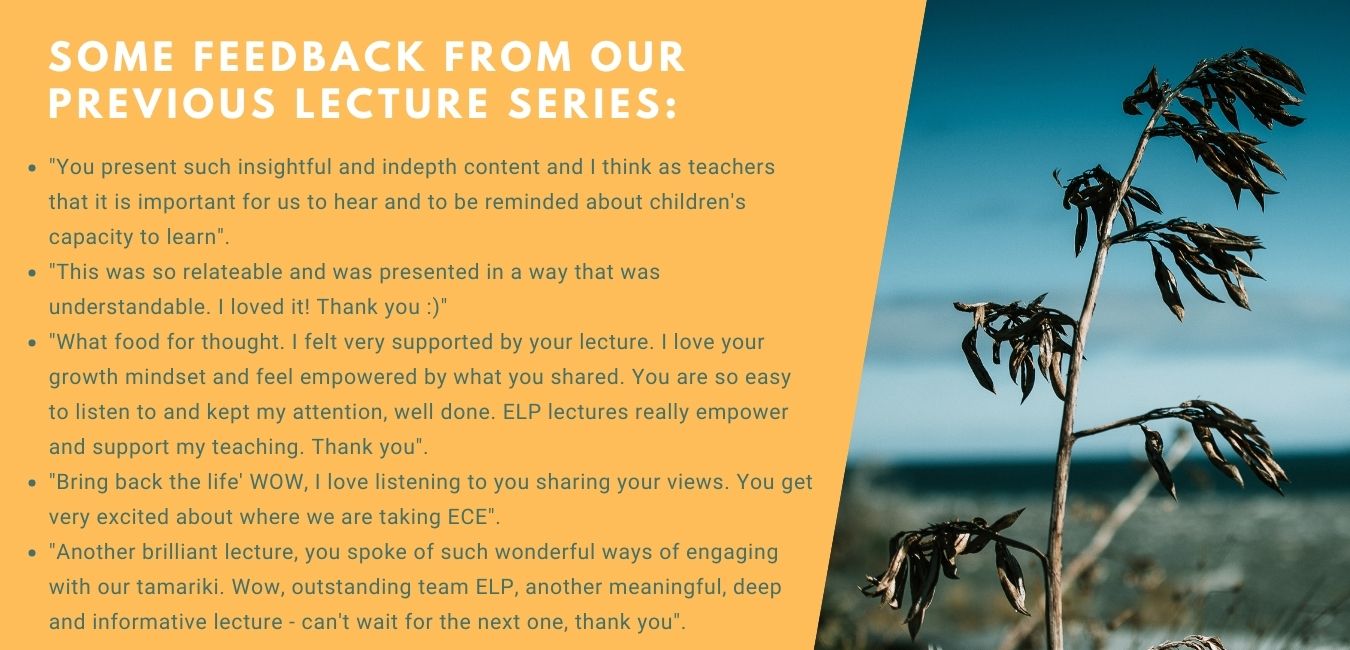
- This event has passed.
Lecture Series 2021
November 10, 2021 @ 7:00 pm - 9:00 pm
$45.00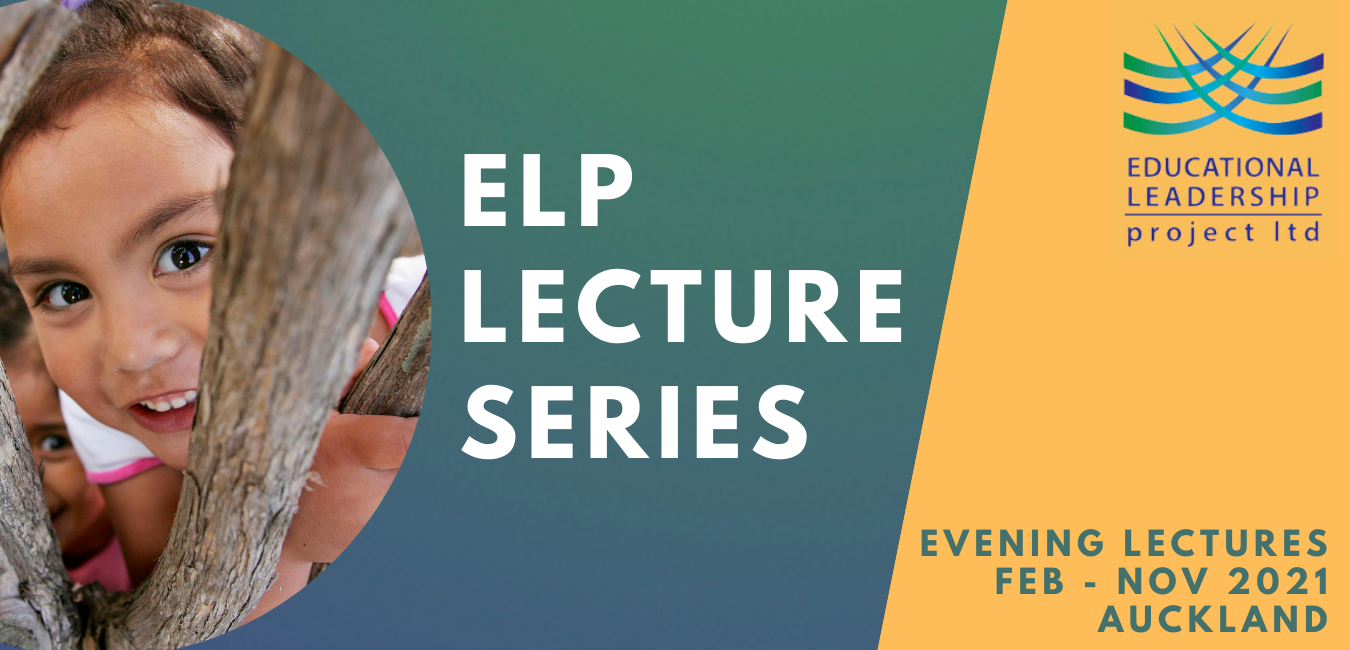
This year’s lecture series offers another array of extremely knowledgeable and passionate presenters, chosen to challenge your thinking and inspire you in your practice throughout 2021 and beyond.
TO BOOK SCROLL TO THE VERY BOTTOM OF THIS PAGE & SELECT YOUR TICKETS
$45.00 per teacher per lecture.
Held at the University of Auckland Epsom Campus, 6EJ-101
(Duncan McGhie Lecture Theatre in J Block)
Parking info: Gate 3 (74 Epsom Avenue) – this is parking in front of A block which is adjacent to J block;
If Gate 3 is full, try Gate 2 (76 Epsom Avenue) takes you into the multi-level carpark.
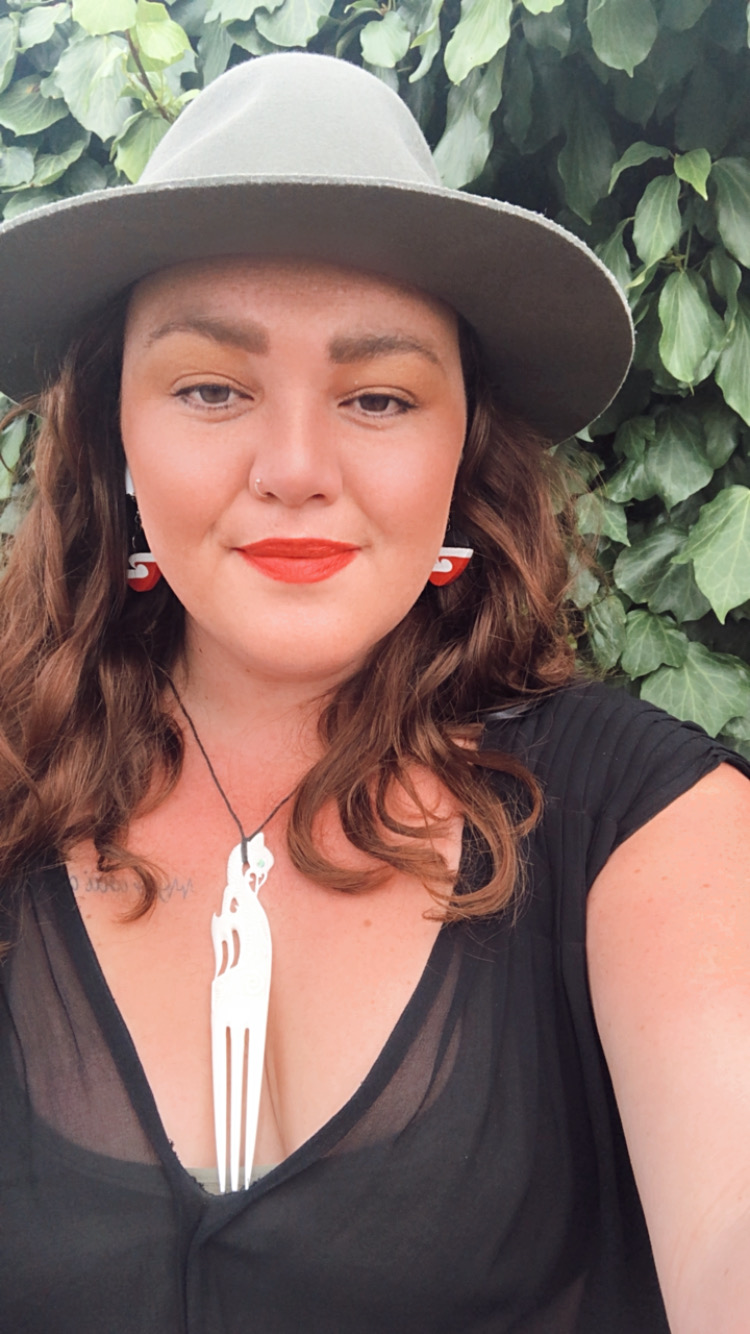
TO BE DELIVERED ONLINE. EMAIL [email protected] TO REGISTER
I te tīmatanga, ko te pūrākau; It starts with a story.
Presented by Emma Parangi
Te Ara Poutama, indicators of quality for early childhood education, is a guiding document from the Education Review Office which is founded on a pūrākau Māori about the origins of knowledge. This webinar will unpack this pūrākau, examining the journey of Tāne-nui-a-rangi undertook to retrieve ngā kete mātauranga (the baskets of knowledge) for te ira tangata (humankind). The learning present at each stage of this journey is the basis for measuring quality in early childhood education because of the inherent ako (reciprocal learning processes) of introspection, reflection, evaluation, and action Tāne and other atua embody.
Through looking deeper into our pūrākau we can uncover akoranga tawhito (ancient teachings) to guide the systems, processes, and practice which create learning communities which centre mokopuna, whānau and hapori.
Previous lectures in this series (some now available online)
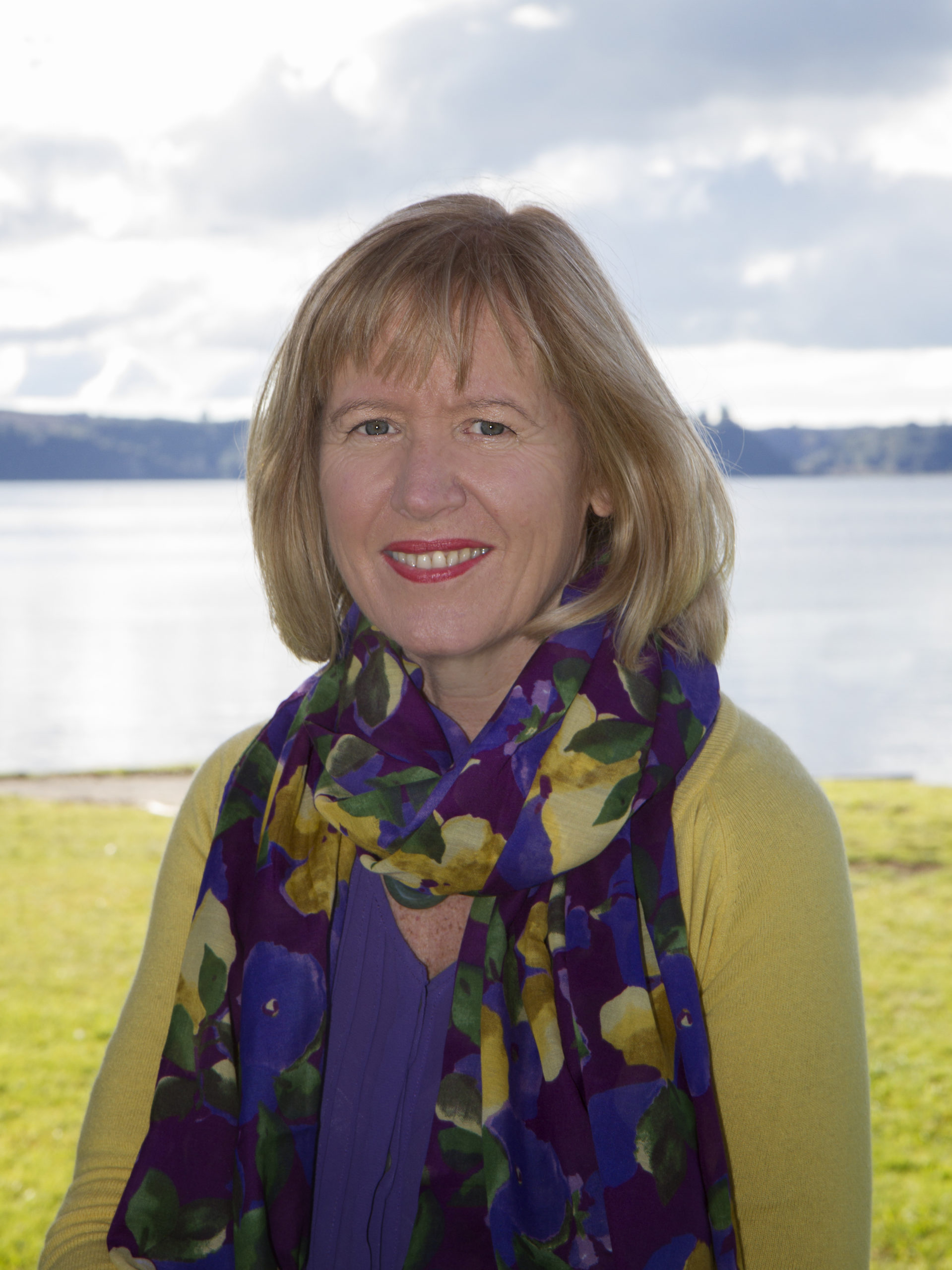
Wednesday 10 February, 7:00pm-9:00pm:
He Māpuna te Tamaiti: Supporting social and emotional competence through the work of Learning Stories
Presented by Wendy Lee, Educational Leadership Project
This lecture will explore the ways in which assessment can influence children’s empathy and thereby strengthen their social emotional and relational dispositions in early childhood settings. I will illustrate how teacher’s work on assessment has the power to strengthen children’s identity around empathy and improve social relationships. We will explore some of the important ideas (both theory and practice) around both empathy and social emotional competence. Current research indicates that children around the world are less empathetic today and this has huge ramifications for their learning and for humanity. Kaiako and educators need to increasingly provide children with opportunities to develop and strengthen dispositions such as empathy as part of the pedagogical outcomes in early childhood settings. I will show through examples, how this can be achieved by strengthening assessment documentation and by re-visiting this documentation with the learning community. We will also take the opportunity to look at the ways in which Kaiako can strengthen their empathetic dispositions.
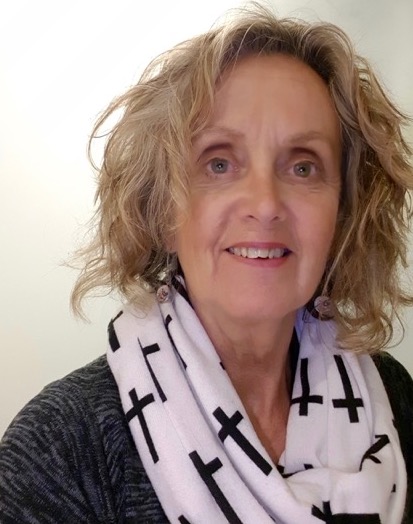
Wednesday 14 April, 7:00pm-9:00pm:
Glass half empty or half full either way – FILL IT
NOW AVAILABLE TO VIEW ONLINE
Presented by Lynn Rupe, Educational Leadership Project
An attitude of gratitude sounds so cliche. Is it just a matter of more warm fuzzies, or does having a grateful disposition support you to be a better kaiako, akonga and friend?
Science tells us it is not just warm fuzzies, but that a grateful disposition can change the world. Fostering a positive attitude helps us to lift our gaze to the richness of being a Te Whāriki-grounded centre. The language we use, the habits we build and motivation of our hearts depends on our view of the world. Is your view of lack, or abundance? Are you a rock or a water thinker?
Mokopunatanga – that the mokopuna of my mokopuna will flourish is not a lofty mountain but something that is attainable if we START WITH US.
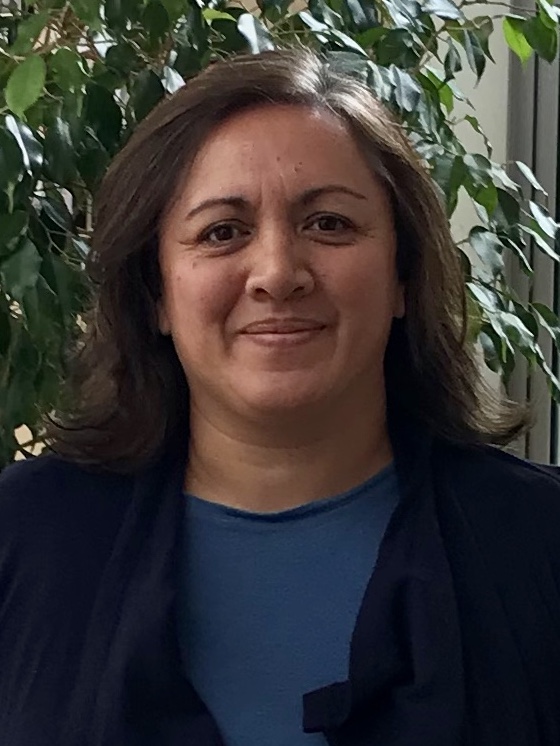
Thursday 29 April, 7:00pm-9:00pm
The bicultural framing of Te Whāriki
Presented by Brenda Soutar, former Tumuaki Rīwhi (Principal) at Te Kura Kaupapa Māori o Mana Tamariki
There is an expectation that the early childhood curriculum, within the context of our Tiriti-based approach, reflects what matters in each setting. How effectively are we reflecting, culturally and contextually, who we are and what matters here in Aotearoa?
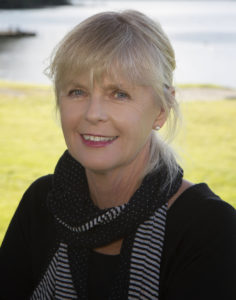
Wednesday 12 May, 7:00pm-9:00pm:
The world of working theories… a way into creating a thinker!
NOW AVAILABLE TO VIEW ONLINE
Presented by Lorraine Sands, Educational Leadership Project
Working theories are ideas in motion. How wonderful to be kaiako in early learning settings, creating contexts for children’s ideas to form, shift and grow in partnership with whānau. Working theories too, are the powerhouse of creative thought as they cause a juxtaposition of ideas and feelings, giving rise to possibility thinking that often bubbles up in unexpected ways.
This lecture considers how kaiako might strengthen and stretch children’s working theories, resisting the temptation to jump to a seemingly right answer, instead enabling ideas to ferment, stutter, and whorl around to elicit a passionate drive to learn more.
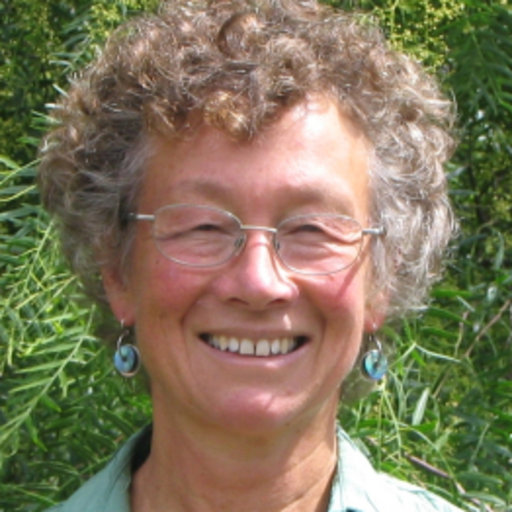
Wednesday 9 June, 7:00pm-9:00pm:
Play in practice: How we think influences how we teach
Presented by Diti Hill-Denee, Honorary Research Fellow at the University of Auckland
The phrase “children learn through play” continues to challenge the teacher’s role in practice. In this presentation, questions will be asked about the child’s right to play (UNCRC article 31) in contexts where adults make decisions about how children play. The emphasis will be on thinking deeply about play as part of teaching for play. The inter-relational aspects of play and an understanding of the learning-teaching process as complex and connected will be discussed. It will be suggested that play is a fundamental and serious human response; that play is about finding meaning in life and joy in living.
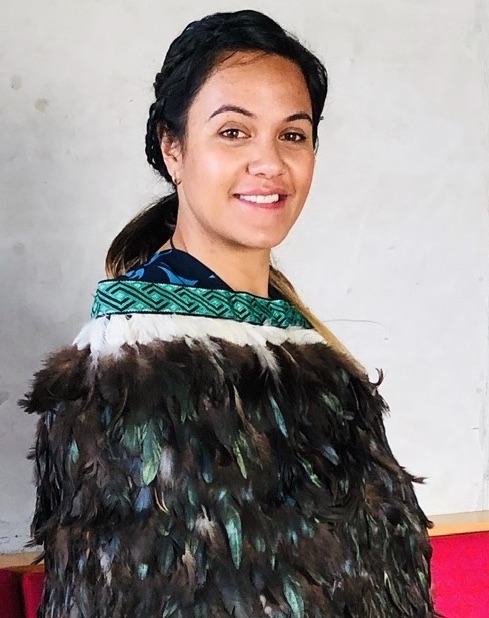
Wednesday 14 July, 7:00pm-9:00pm
Tō pono, taku pono
Presented by Maria Sydney, Educational Leadership Project
Everyone is welcome to join us as we waananga together about the whakaapa of our education system and how these narratives continue to impact our view of education and our role as kaiako in ECE today. We will explore notions of Te Whaariki as a bicultural document and kaupapa Māori theory and practice that enhances bicultural practice in our services. We will korero about some of the challenges that exist and share ways that we can collaborate as active agents of change through brave and courageous conversation. Ko te kai a te rangatira he kōrero. The food of chiefs is dialogue. Let us create space for brave dialogue and be the agents of change that we need.
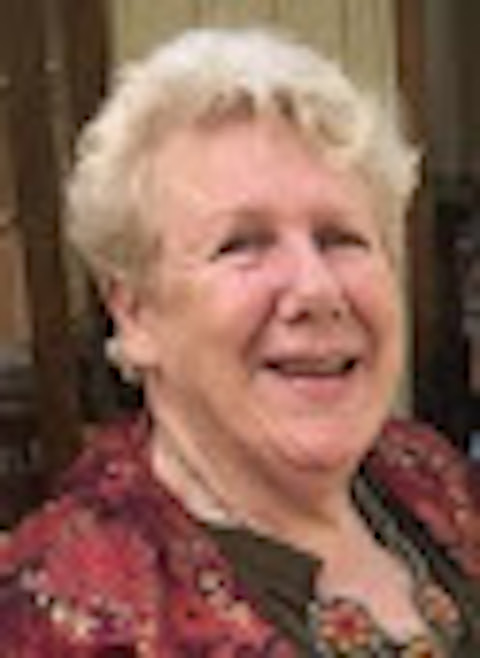
Wednesday 11 August, 7:00pm-9:00pm
Who is Froebel and why do his ideas resonate within an infant curriculum?
Presented by Jean Rockel, Honorary Academic at the Faculty of Education and Social Work, The University of Auckland
Many educators are unaware of Froebel or couldn’t possibly anticipate the relevance such a revolutionary thinker from long ago would have for 21st century early education in Aotearoa.
There is an essence at the heart of our pedagogy that we draw upon: holistic practice, valuing play, engaging with an ecological view of the natural world, seeing children as active, curious, creative learners, to be in “close and living relationship with people’s lives” – all examples of Froebelian ideas. This lecture portrays the significance of Froebel’s ideas within the cultural perspectives of infant pedagogy through examples of infant settings in England, USA, Hong Kong and New Zealand. The view of pedagogies of care as embodiments of culture emerged from participation in a 2-year international research study guided by Froebel’s philosophy of education. This presentation invites an exploration of infant curriculum through Froebel’s eyes.
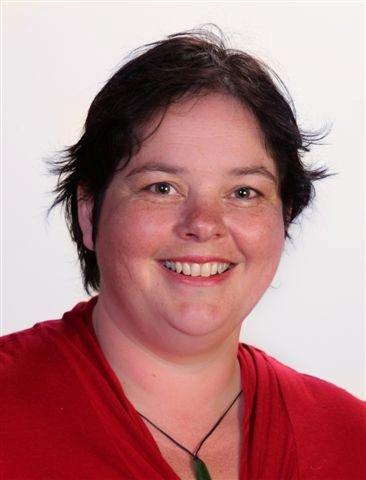
WEBINAR: Wednesday 8 September, 7:00pm-9:00pm
Making teachers’ work: Digital platforms and new objects of teaching in early childhood education
Presented by Dr. Alexandra C. Gunn, University of Otago (on behalf of the research team involving Joce Nuttall & Tonya Rooney, Australian Catholic University and E. Jayne White, RMIT)
This presentation draws from a pilot study into teachers’ practices of data production and use in early childhood education – with particular reference to the use of digital platforms for making learning stories. By interrogating data from workshadowing with teachers as they went about their daily activities, I will contemplate changing work practices and the relationships between digital platform use, the governance and production of teachers’ work and potential for making meaning about children’s learning.
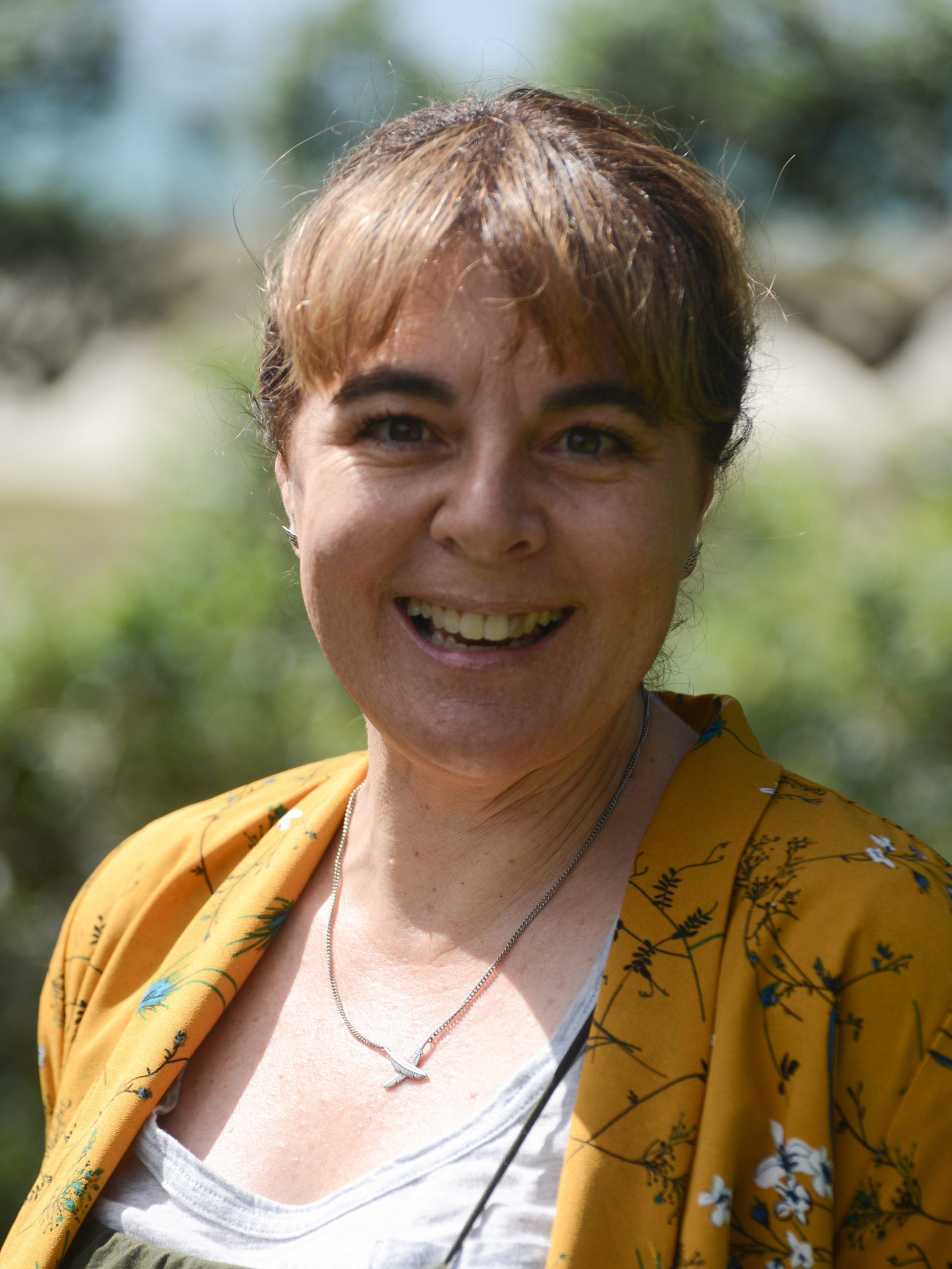
On my own, with your help: Laying the foundations for self regulation and resilience in infants and toddlers
Presented by Anita Homewood, Educational Leadership Project
NOW AVAILABLE TO VIEW ONLINE
We are blessed to have a curriculum dedicated to the learning and development of infants and toddlers, focused on care and respect, and that embraces and nurtures the whole child. Within this curriculum, kaiako support infants and toddlers to discover how to ‘be’ in this ever-changing world, and recognise, in particular, the importance of providing opportunities to grow resilience and self regulation.
We will take a look at what self regulation and resilience are, and how we can support infants and toddlers in in this part of their journey towards autonomy. We will will also look at how to capture this learning through our documentation, sharing these magic moments that shape our youngest learners identities as capable and competent.
